In this politically and environmentally unstable world, it has never been more important to future-proof your business.
Climate change continues to threaten regions across the globe; political tensions are causing rifts between some the world’s most powerful economies, and it could be said that technological advancements are doing more harm than good to our cybersecurity.
For a global business to survive and expand in this unpredictable landscape, it’s important for business leaders to identify threats and form a data-backed contingency plan for when disaster strikes.
This is where the FM Global 2019 Resilience Index comes into play. Now in its sixth year, the Index is a resource designed to help senior executives conduct vulnerability assessments and build their companies’ resilience around the world.
It ranks 130 countries on factors pertaining to business risk – including overall economic strength and productivity, natural hazard exposure, cybersecurity threat, government corruption, and supply chain transparency.
Countries are scored on a scale of 0–100, with 0 representing the lowest resilience and 100 being the highest resilience.
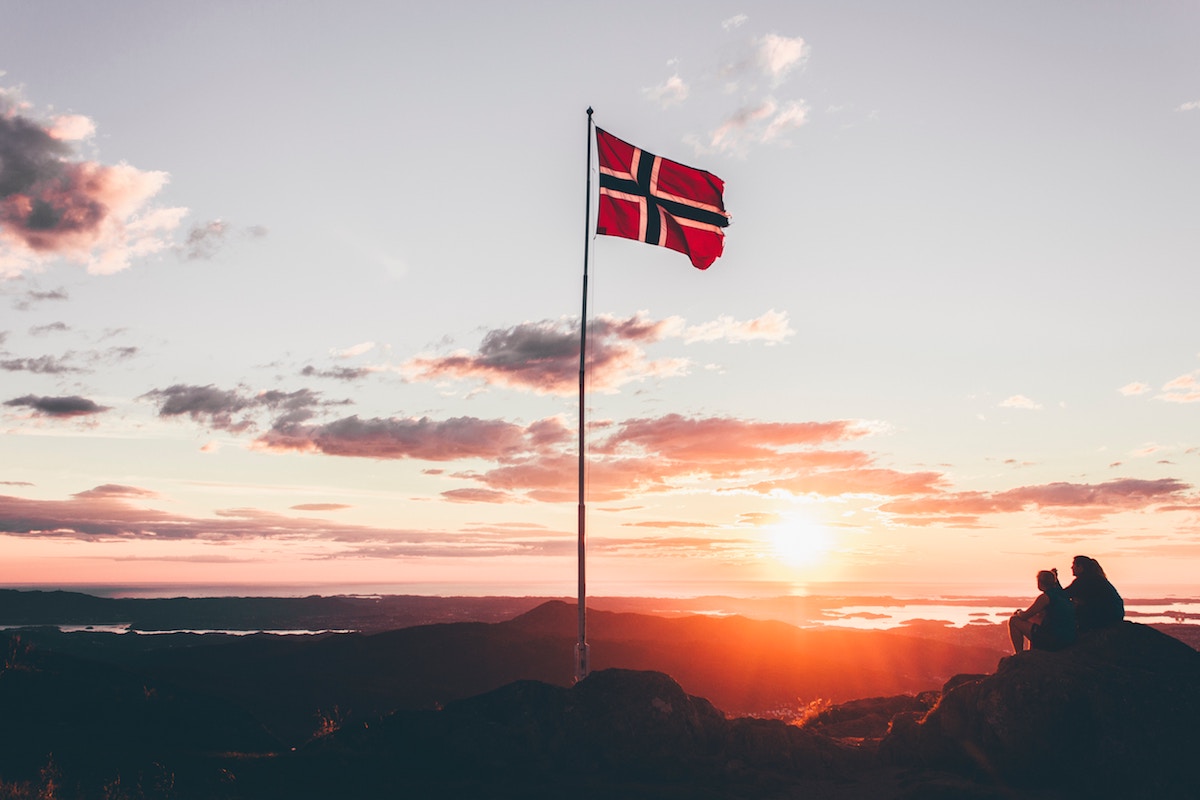
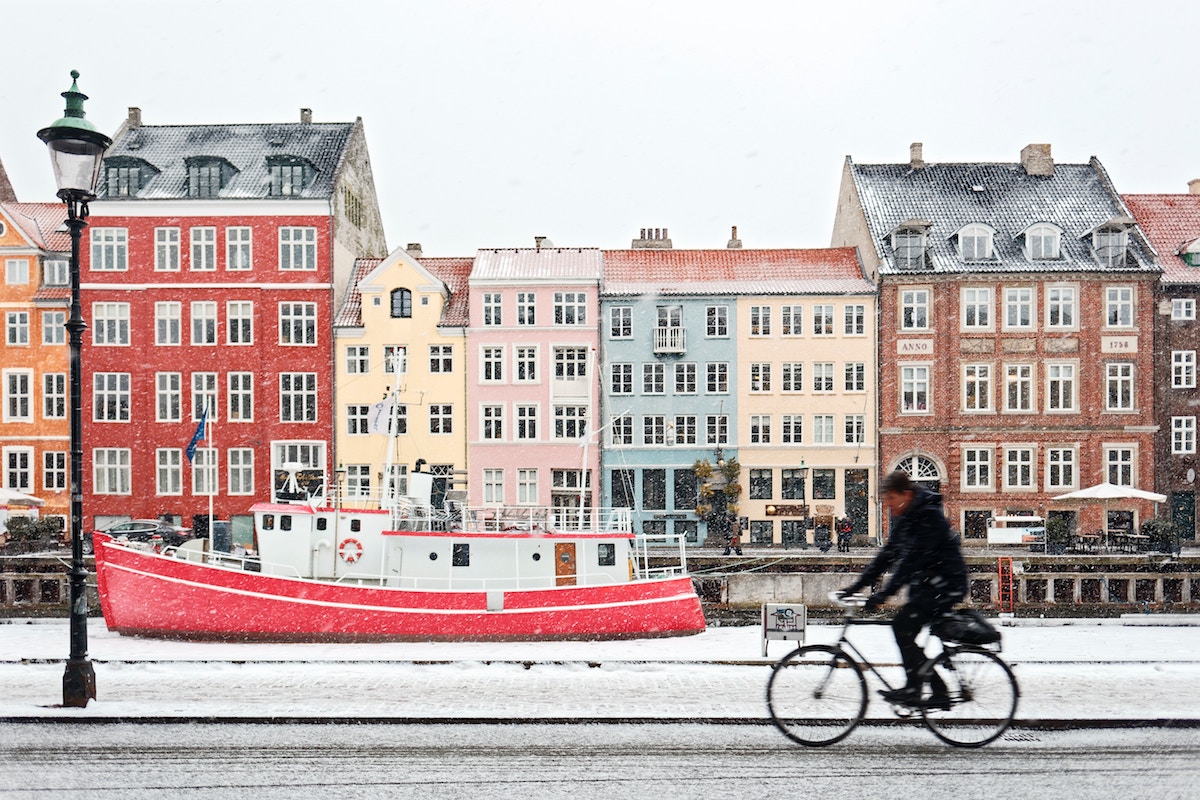



Most resilient countries
- Norway
- Denmark
- Switzerland
- Germany
- Finland
Receiving a perfect score of 100, Norway leads the way this year, driven by top 10 ratings in economic productivity, political stability, control of corruption and corporate governance. The country also boasts low natural hazard exposure and has decreased its economic reliance on oil.
Rising from seventh in 2018 to second this year is Denmark. The country is propelled by an impressive improvement in supply chain visibility, a strong government with low corruption, and low natural hazard exposure.
Switzerland remains in the top three countries due to the quality of its infrastructure and corporate governance, its stable political situation, low corruption level and impressive economic productivity.
Unsurprisingly, these countries also rank highly in the World Happiness Report 2019 and are leading the way in executing the United Nations’ Sustainable Development Goals.
Least resilient countries
- Haiti
- Venezuela
- Ethiopia
- Chad
- Mozambique
The lowest-ranked country in the index and one of the poorest in the world, Haiti is still recovering from Hurricane Matthew as it grapples with a widespread fuel shortage.
Venezuela is hindered by its exposure to natural hazards, high level of corruption, hyperinflation, and economic dependency on oil.
Although Ethiopia’s government has placed emphasis on political liberalisation, the nation continues to struggle with issues including high food prices, illiteracy, unpredictable drought and flooding, rampant corruption and lawlessness.
"This is why we protest." Imagine #Haiti's youth in the capital of their country having to march through garbage & filth everyday to get to & from school. #PHTK ruling party fraud & corruption has robbed an entire generation of their future and dignity. pic.twitter.com/99hu9HokfB
— Kevin Pina 🔊 (@AcrossMediums) June 26, 2019
Biggest risers and fallers
Rwanda (ranked 77) is the biggest riser in the 2019 Index, soaring 35 places from last year. This stems from a decrease in urbanisation, positive developments in corporate governance, steady economic growth and reductions in poverty.
Asian supply chain hub Thailand (ranked 73) also rose 16 spots this year following significant improvements in supply chain visibility and corporate governance. However, the country still needs to improve its natural hazard risk management.
On the other hand, the Republic of North Macedonia (ranked 100) was the biggest faller in the index. It dropped 22 places, largely due to lower economic productivity and increases in urbanisation and oil reliance.
Good governance matters
For the first time, this year, the Resilience Index measures the strength of a country’s corporate governance – taking into consideration its auditing and accounting standards, conflict of interest regulation, and shareholder governance.
The countries with the best corporate governance were found to be Singapore, New Zealand, and Canada, which strongly encourage transparency with shareholders and governments.
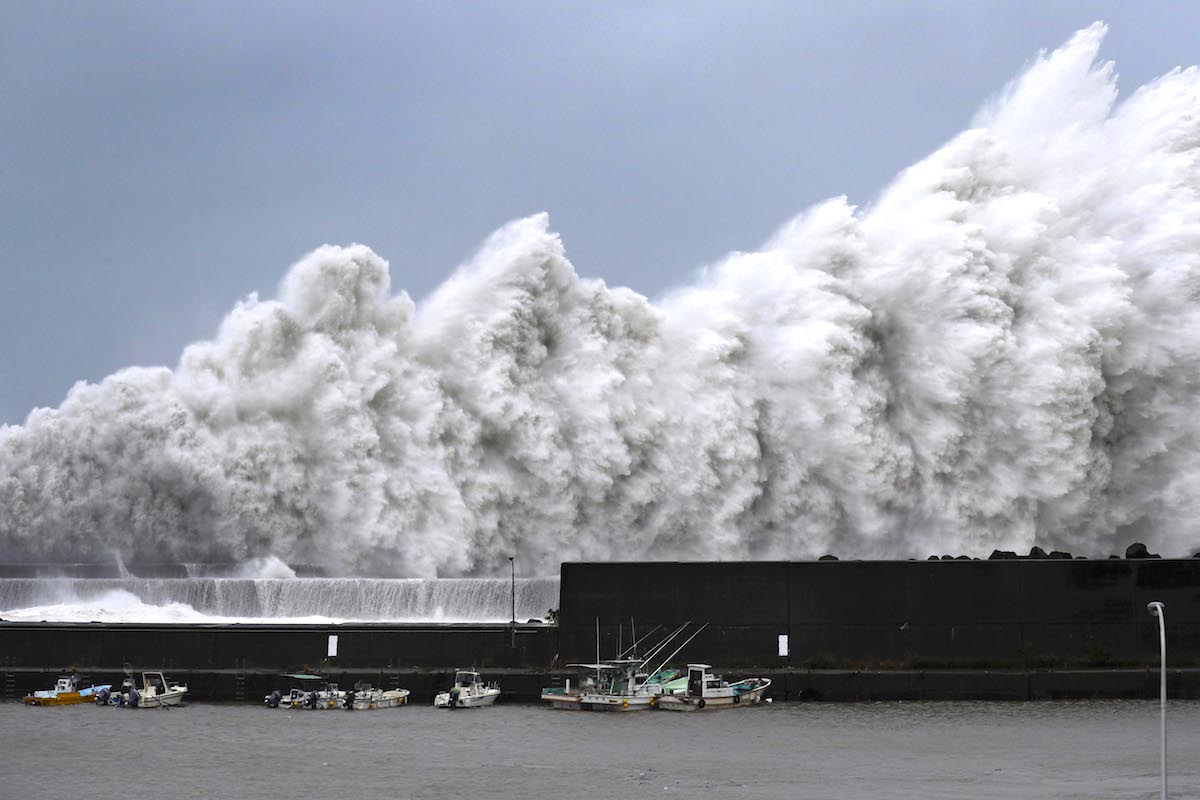
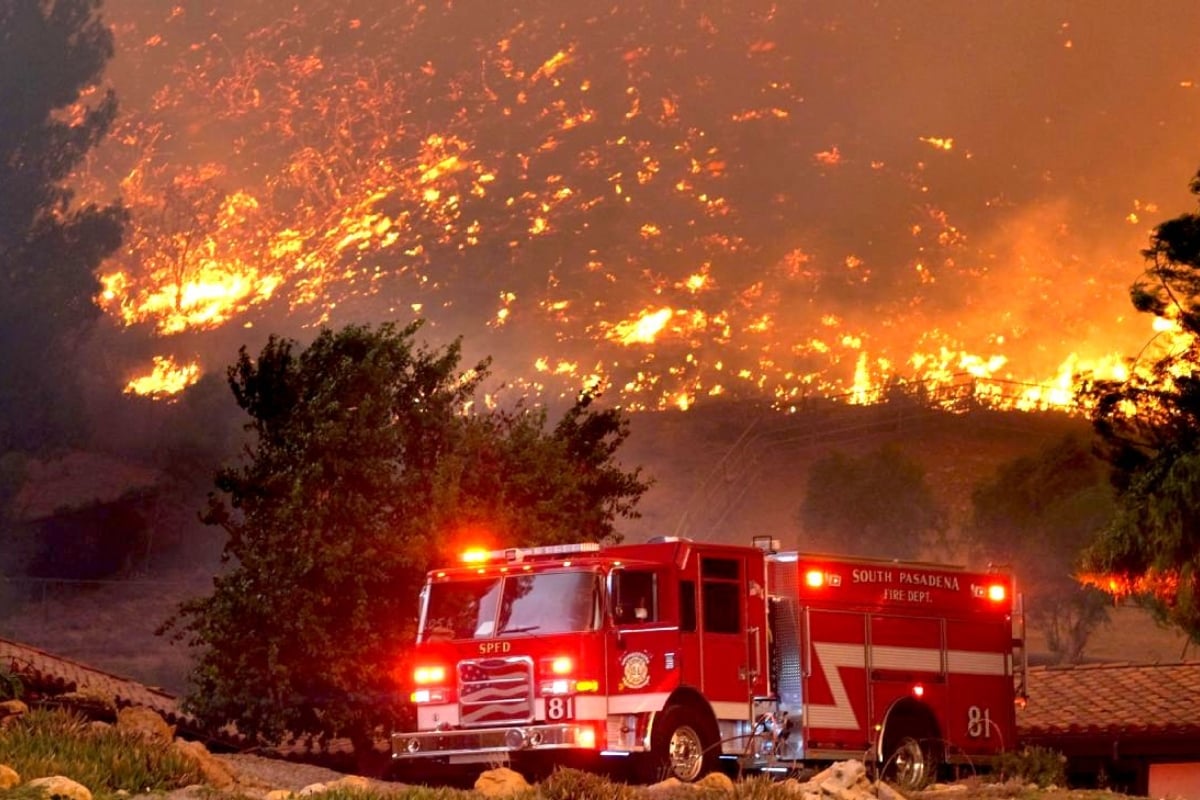
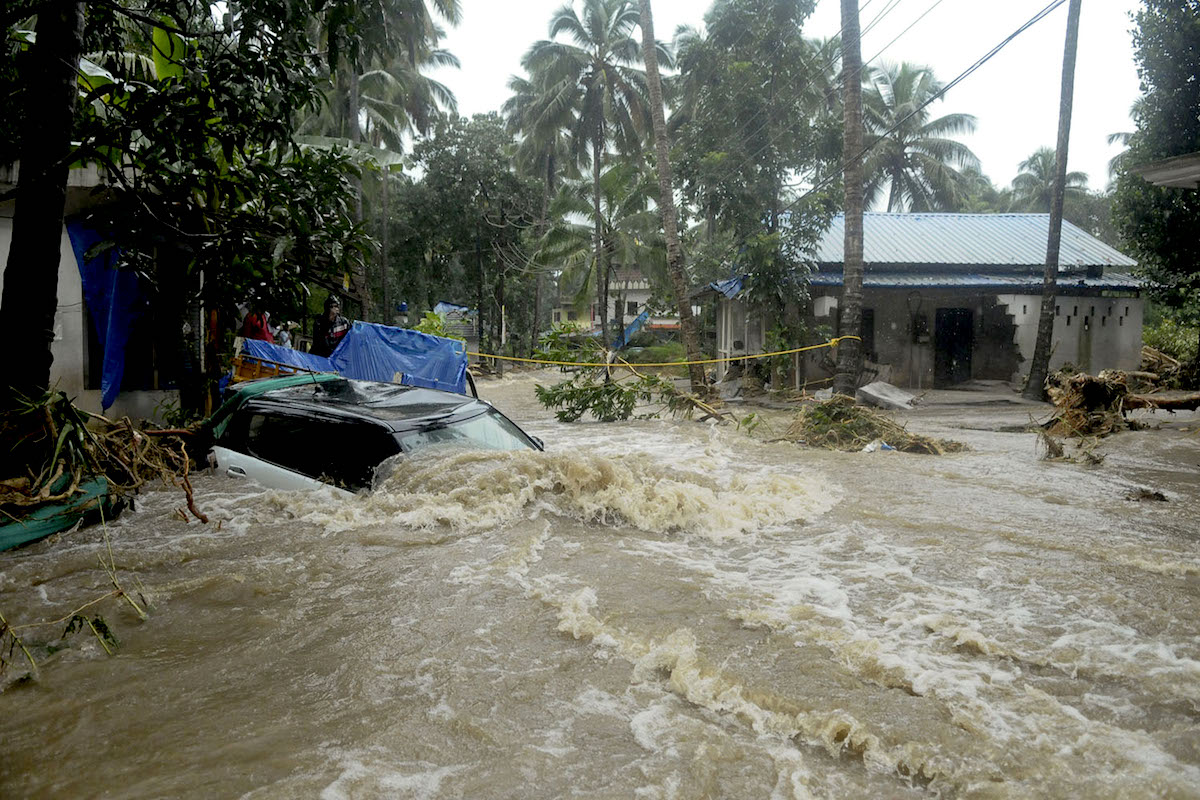
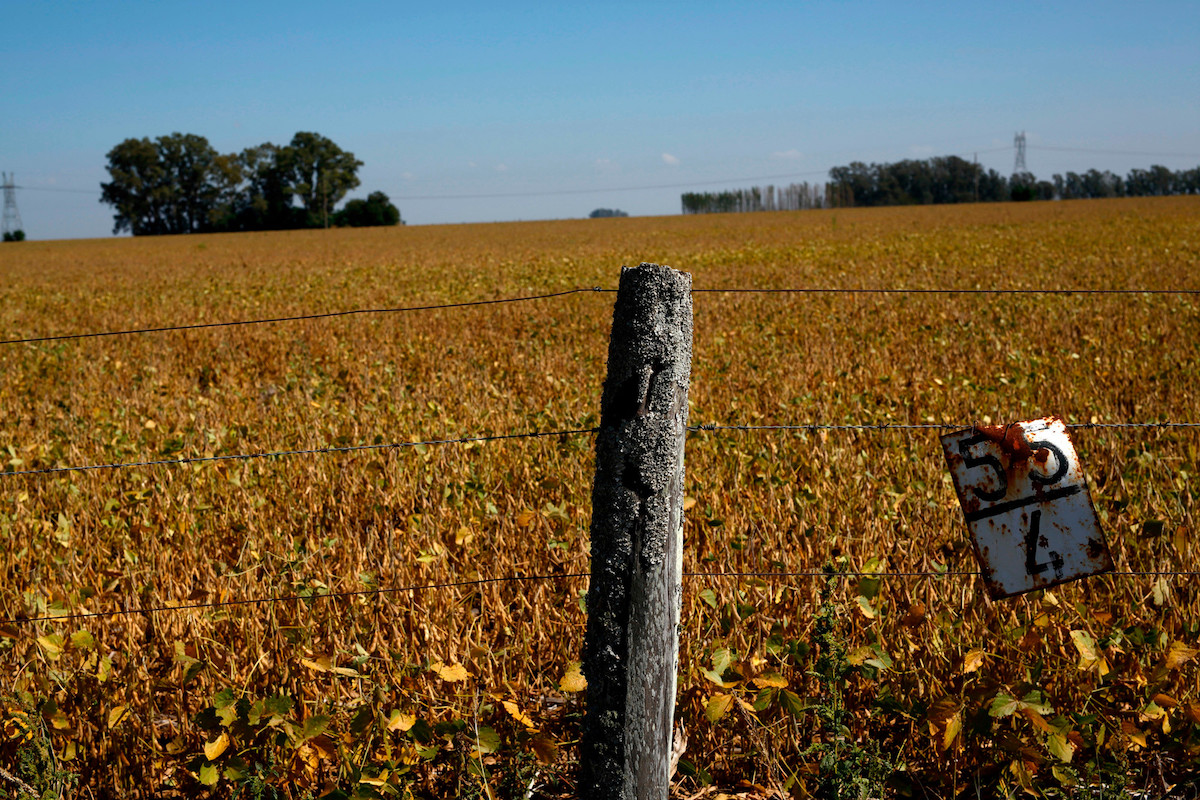
The importance of environmental resilience
The past 12 months has seen its fair share of natural disasters – a typhoon and earthquake damaged Japan’s economy; severe flooding affected parts of India, Italy and Austria; droughts struck China and Argentina; and wildfires tore through California and Australia.
According to FM Global, these events made 2018 the costliest consecutive year for economic losses due to catastrophic risk. Consequently, for a country to provide a strong and stable business landscape, it must also be environmentally resilient.
While governments may not be able to predict the exact impact of natural disasters, they must have a strong system in place to manage the aftermath. Thus, the countries that are best equipped to handle climate change and natural disasters – and have low levels of corruption – are the best ones for business.
Read next: The United Nations predicts that climate change will push 120 million people into poverty by 2030 – and only the rich will be left standing.







